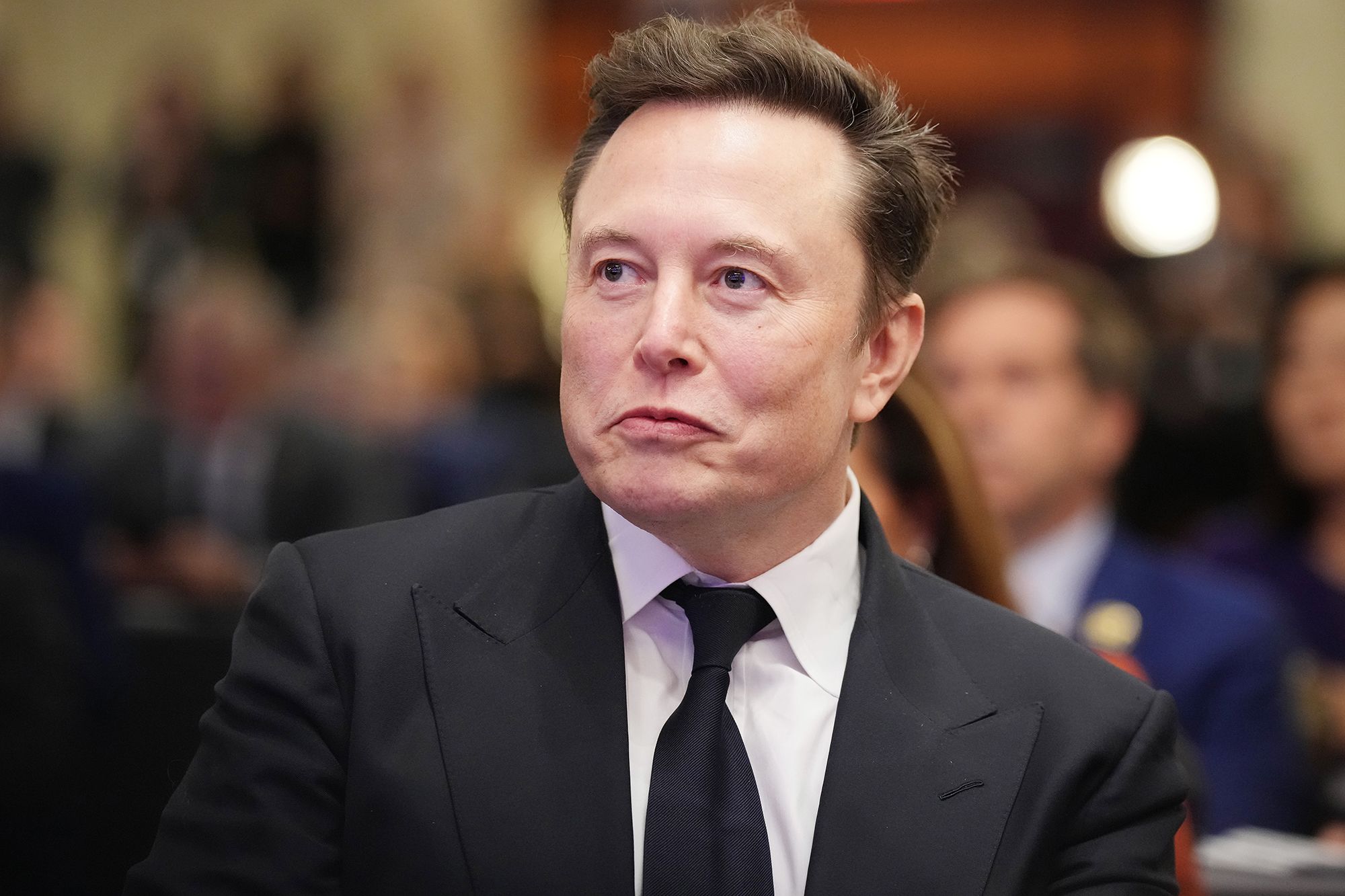
Elon Musk, the CEO of Tesla and SpaceX, posted a sharp critique of the federal bureaucracy on X, calling it an “unconstitutional 4th branch of government” and accusing it of working against the people’s interests.
“The massive federal bureaucracy will do everything possible to thwart the will of the people!” Musk stated in his post. His remarks followed the release of a Napolitan Institute/RMG Research survey, which revealed that 80% of federal government managers who voted for Kamala Harris said they would resist the efforts of the Trump administration, while only 1% stated they would provide even partial support.
The survey results highlight a significant potential challenge for the incoming Trump administration, with federal managers signaling strong opposition to policies expected to be introduced.

This comes as Trump is preparing to return to the White House after winning a contentious election, with promises to dismantle what he and his supporters often refer to as the “deep state” within the federal government.
The findings have intensified concerns about political divisions within federal institutions and whether the bureaucracy can function independently of partisan biases.
Musk’s remarks have fueled an ongoing debate over the role of the federal government and the influence of unelected officials in shaping or resisting national policies.

The tech billionaire has been increasingly vocal about his dissatisfaction with government institutions and their accountability, aligning with similar sentiments expressed by conservative leaders and commentators.
His post drew widespread attention on social media, with both supporters and critics weighing in on the implications of the survey’s findings.
Trump’s supporters have rallied around Musk’s comments, viewing them as validation of their belief that the federal government has become overly powerful and resistant to change. Conversely, critics have argued that Musk’s rhetoric may exacerbate mistrust in public institutions and undermine their credibility.

As Trump prepares for his second term, he has vowed to address what he describes as bureaucratic overreach and restore accountability within federal agencies.
His campaign has emphasized the need for sweeping reforms to ensure government agencies operate in alignment with the administration’s policies and the public’s interests.
The survey results, however, indicate potential resistance from within the very institutions Trump aims to reform.

This development underscores the deep political divides that have defined recent years in U.S. governance, with questions arising about the ability of the federal bureaucracy to remain neutral and uphold its responsibilities.
Whether Trump’s return to power can effectively address these challenges remains to be seen.



